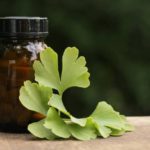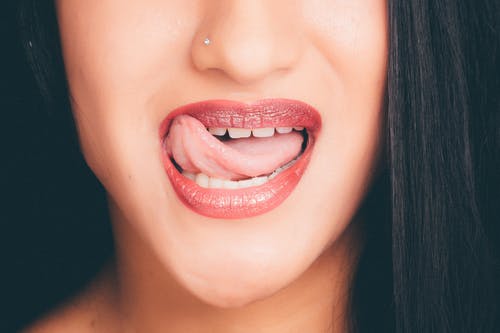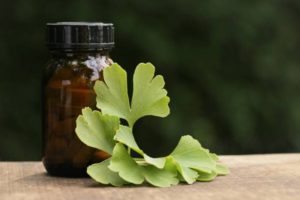Article by: Dr. Anu Isaac
Tooth extraction can be a stressful procedure depending on the number of teeth removed, their position in your mouth, and your overall oral health. The recovery from a tooth extraction is quite quick- it only takes a few days to get back to eating normally. If you do the right things, you will experience relief even from the very first day.
Here’s what you need to do to care for your mouth after a tooth extraction surgery:
1. Control bleeding
After your tooth extraction, a blood clot will naturally form to help stop bleeding and begin healing. Bite on a gauze pad to help the bleeding stop. With the gauze pad, keep some pressure on the extraction site for about 30 minutes after the surgery. In case the bleeding continues, bite on a gauze pad for another 30-45 minutes. If bleeding persists, you can use a moistened tea bag with black tea. The tannin in the tea helps your blood to clot. Make sure that you don’t dislodge the clot after the extraction. Avoid any vigorous exercise at least 24 hours after extraction.
2. Reduce pain
Some swelling and pain will remain after extraction. Your dentist or oral surgeon will prescribe painkillers to help with this. You may also be prescribed antibiotics to prevent tooth infections. Take the medication for relief from the pain and swelling. Do not drive while taking the painkillers as they may cause drowsiness. Take the medicines with food to avoid an upset stomach.
3. Reduce swelling
To bring down the swelling or inflammation after the extraction, use an ice pack or cold pack on the outside of your mouth for 10 to 20 minutes at a time Make sure that you wrap the ice pack in a cloth or a thin towel. Don’t put it directly on your skin. If your tooth was removed because it was infected, use a warm compress instead of an ice pack. You may see some bruising on your face. This is normal and will subside.
4. Avoid dry socket/blood clot

– Don’t drink with a straw. If you suck on a straw you may dislodge the blood clot.
– Don’t smoke. Smoking may cause the blood clot to break down. This can lead to a painful tooth socket.
– Do brush your teeth gently. The area of extraction is more prone to bacteria. Brush to keep it clean and bacteria-free.
– Don’t use any toothpaste. Rinsing with toothpaste may dislodge the blood clot. Rinse your mouth using salt water, instead of a harsh mouthwash.
If you are looking for more ways to prevent dry socket, you can learn more here: “How To Prevent Dry Socket“
5. Eat a proper diet
Get enough fluids and eat plenty of nutritious foods on the day of your extraction. You can eat soft foods like eggs, gelatin, mashed potatoes, pudding, and cereals. Keep away from carbonated beverages.
6. Get enough rest
Limit any vigorous activities for the first 24 hours after the extraction. Rest during the day and go to bed early. When lying down, prop your head up with pillows so that it is slightly elevated. Lying flat may prolong the bleeding.
Most people heal from extractions quickly and without complications. You should experience improvements every day and be completely healed within 3 to 4 weeks.
While all these tips on caring for your mouth after an extraction are helpful, there’s a lot more on this subject! Talk to your dentist or oral surgeon on ways to care for your mouth and the affected area post the extraction. They should be able to guide you through the aftercare process.

Author Bio: Dr. Anu Isaac, DMD, runs a successful dental practice in Salem, MA. Dr. Isaac strives for quality on a daily basis, and this commitment to quality is reflected in her constant pursuit of advanced training. Her firm belief that even experts need to stay updated about what’s new in the dental field enables her to provide every patient with optimal oral care. As the founder of Coral Dental Care, she is dedicated to creating healthy, beautiful smiles for her patients and also educating the dental and non-dental community with her engaging articles on all things related to oral health, recent dental innovations, and latest treatment modalities.












More Stories
Promoting Your Own Hair Growth With Garlic Oil
Guide to Bottom Teeth Veneers from a London Cosmetic Dentist
Do These Exercises To Firm Your Breast